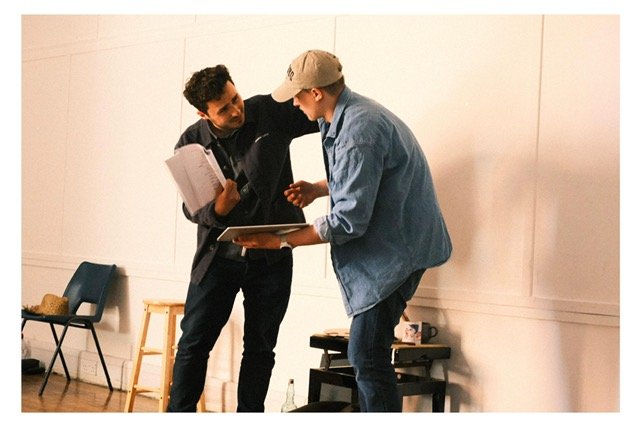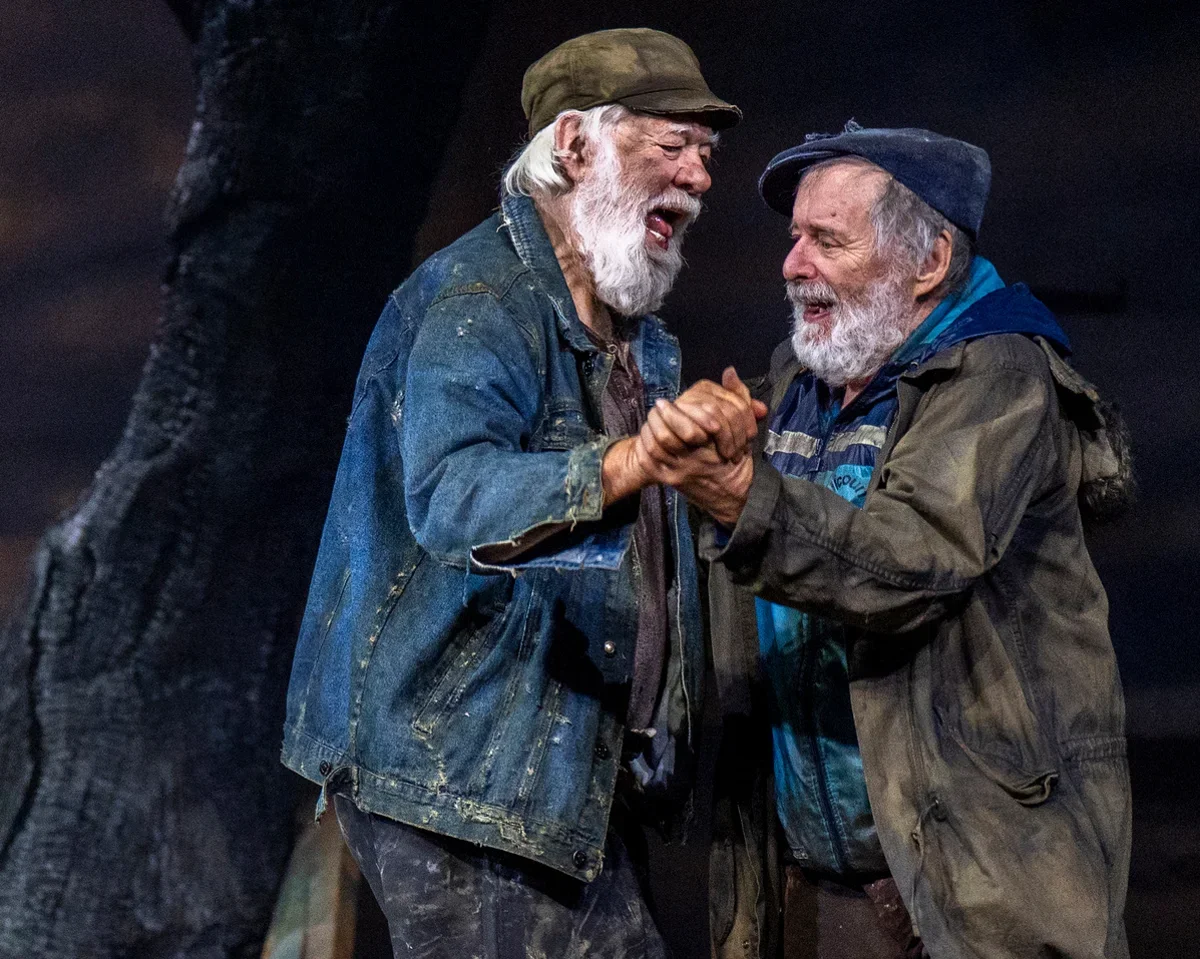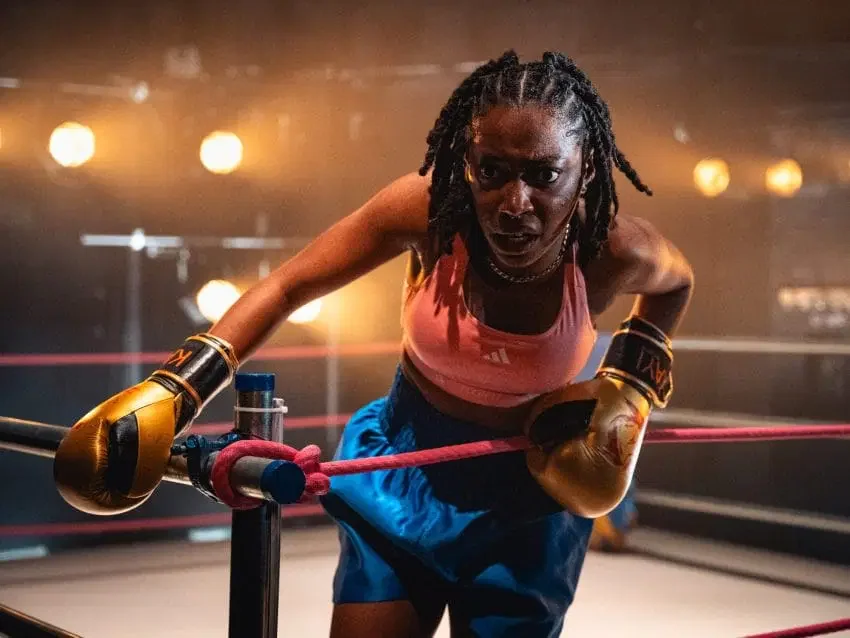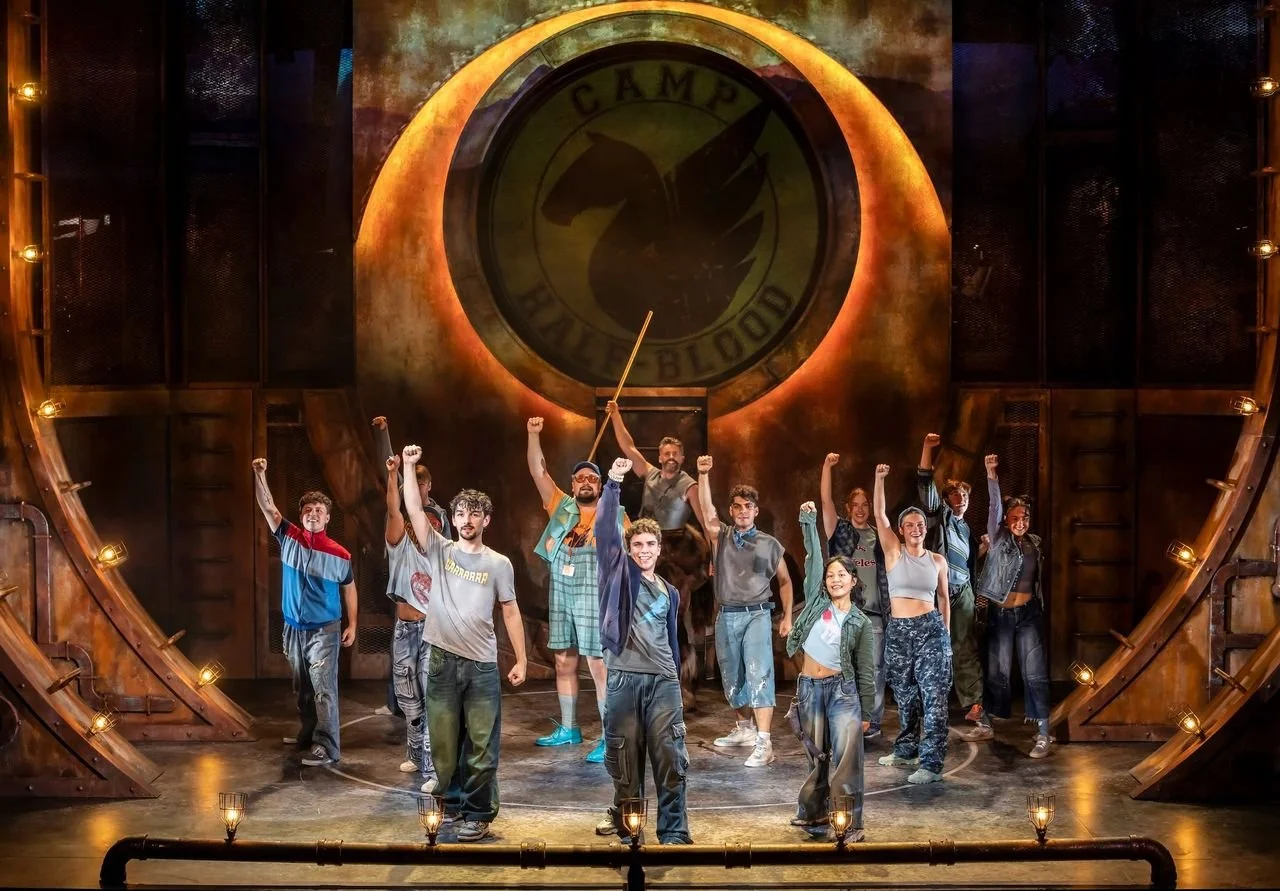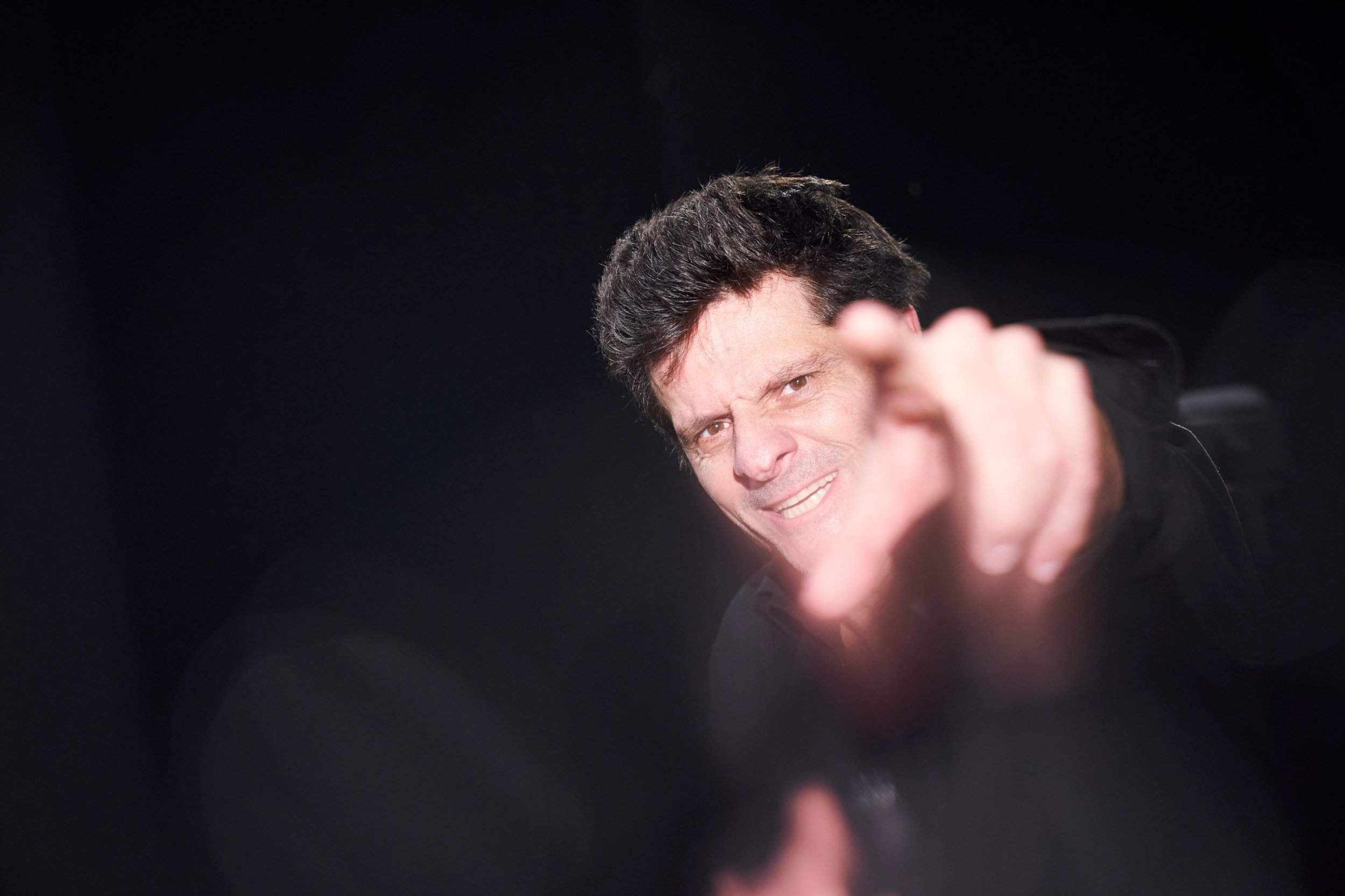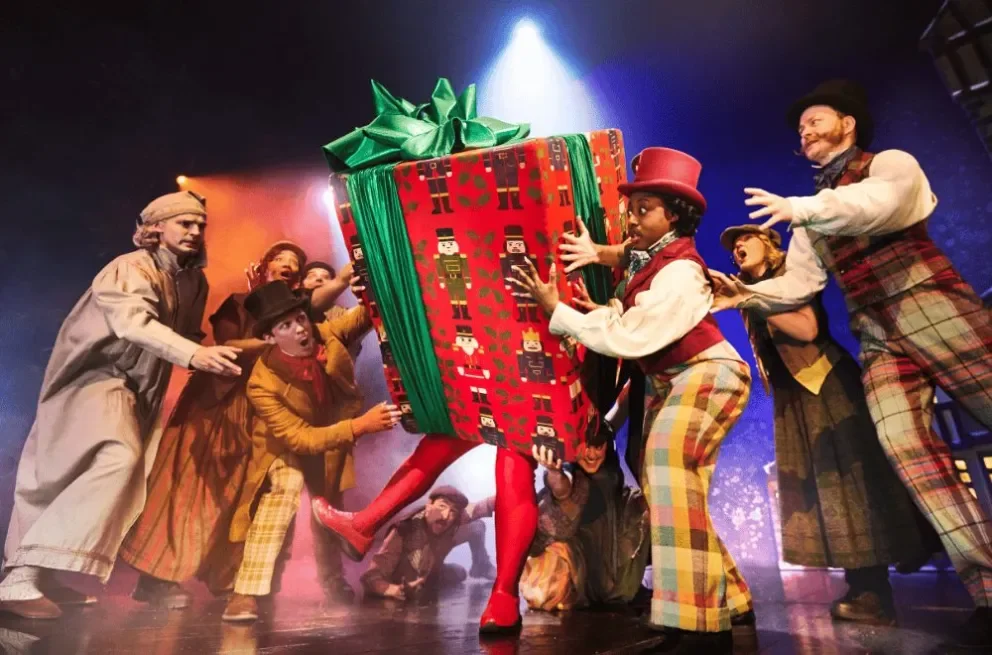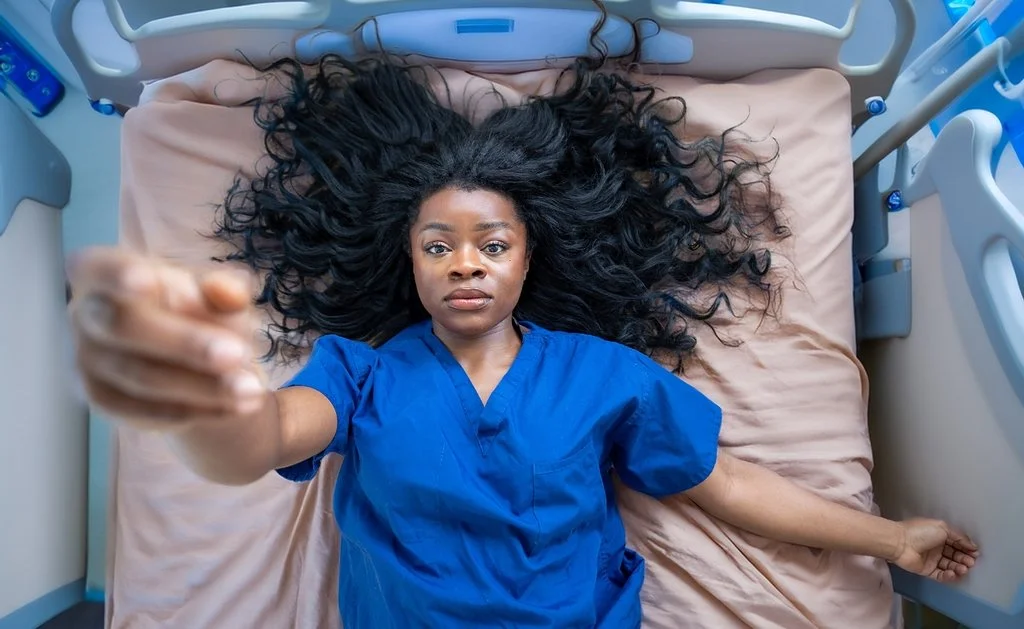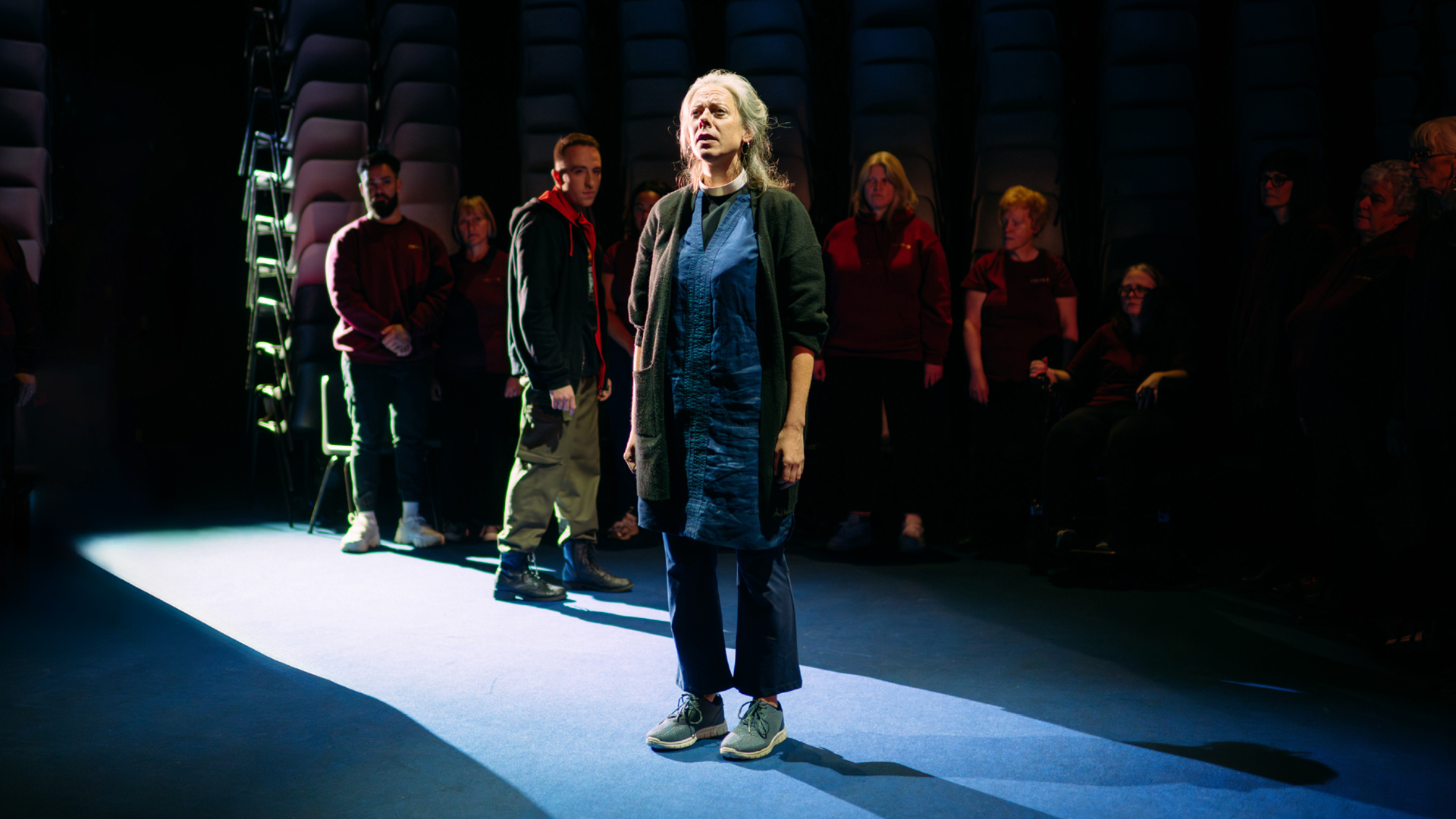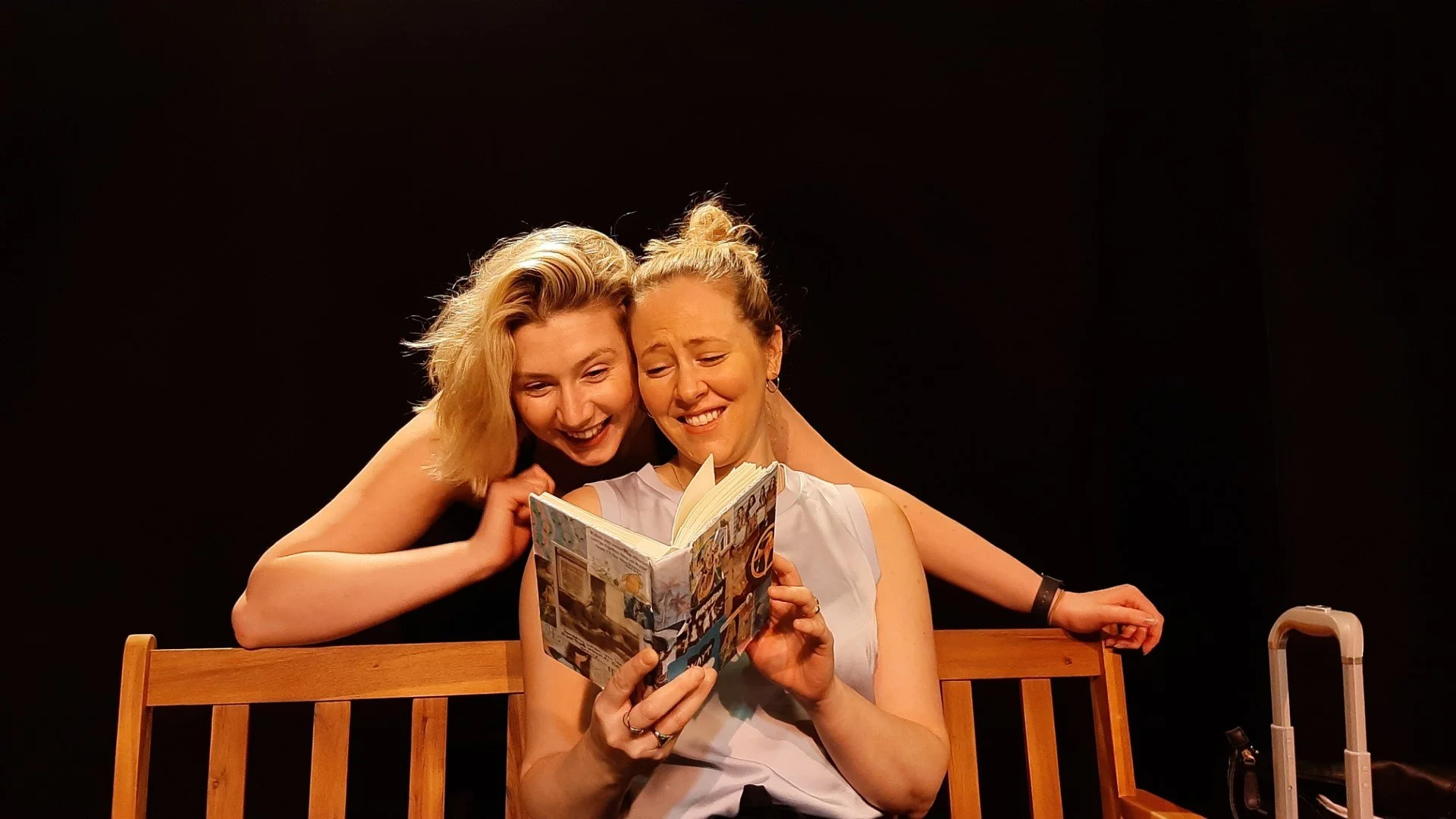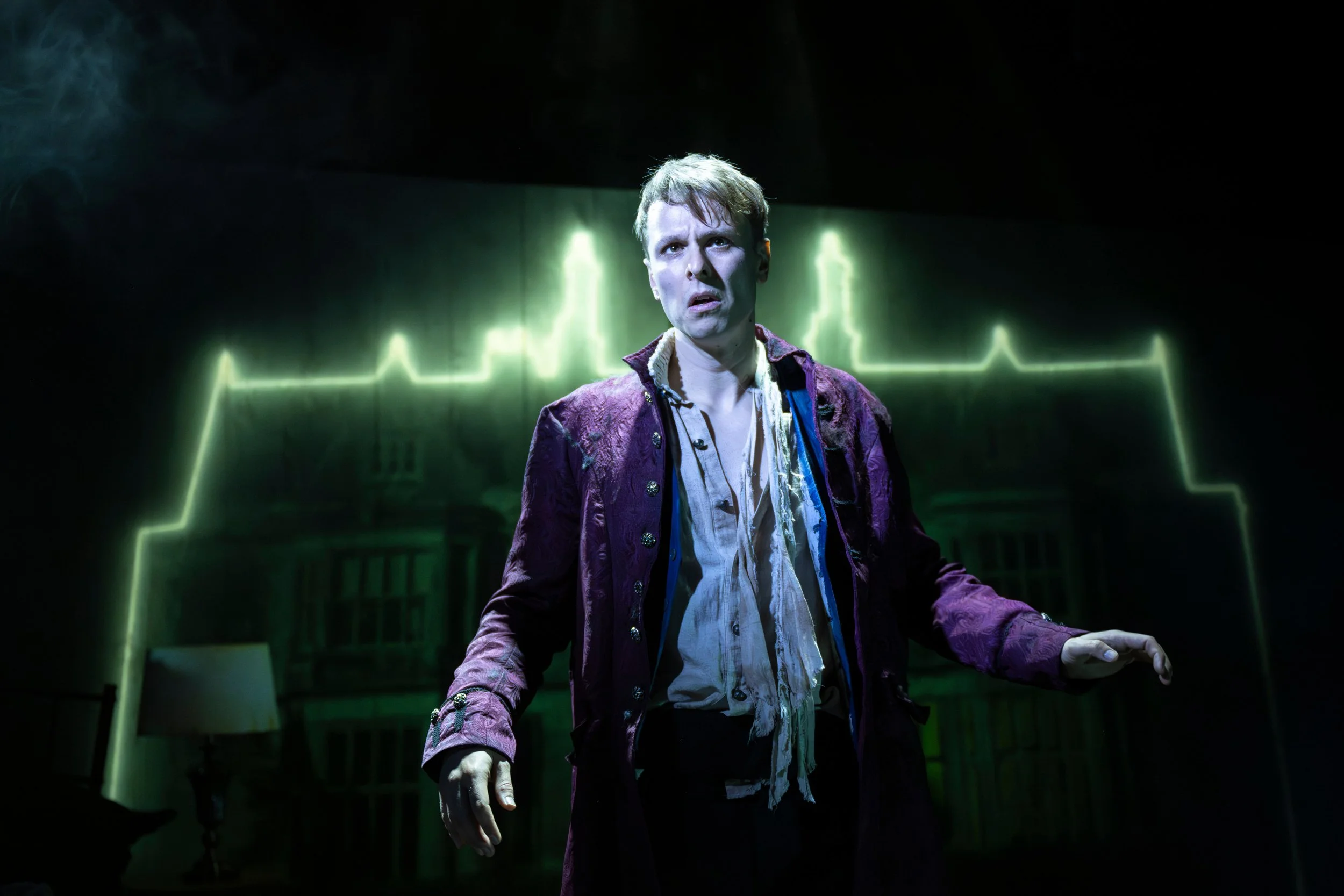The Rise and Fall of Vinnie and Paul, HW Productions Review
Written by Greta for Theatre & Tonic
Disclaimer: Gifted tickets in exchange for an honest review
It begins with a house-share. Vincent van Gogh, under the patronage of his brother Theo, moves to Arles and invites his friend and colleague Paul Gauguin to stay with him, dreaming of building a collective founded on artistic kinship. The Rise and Fall of Vinnie and Paul narrates the quick unravelling of this ambition, attempting to untangle the real-life implosion of Van Gogh and Gauguin’s short-lived collaboration. In doing so, it touches on absorbing ideas, such as mental illness, unrequited love, and the precarious line between genius and delusion, but eventually delivers fragments of what could be a much richer piece.
Billed as a “two-man rock musical” and bearing the fingerprints of inspirations like Hamilton, Sweeney Todd, and Jesus Christ Superstar, The Rise and Fall of Vinnie and Paul brims with ambition. Max Alexander-Taylor in the role of Vinnie and Nicholas Carter as Paul are both vocally strong, their voices almost effortlessly filling and commanding the space. The exquisite harmonies and melodic counterpoints are well-executed, rising above a pre-recorded instrumental track that could have easily flattened the energy in less capable hands. While some musical numbers have a slightly weaker impact, some moments shine; most notably Alexander-Taylor’s heartfelt, powerful performance of Wheatfield with Crows, which is a glimpse of what this show might become if it leaned more confidently into its emotional core.
The characterisation of Van Gogh as a wide-eyed, sensible artist contrasts neatly with Gauguin’s pragmatism and emotional detachment, though the latter’s emotional arc feels especially undercooked. The pacing more broadly suffers from this same affliction: narrative escalations happen quickly and without the necessary groundwork, rushing characters’ development and making their journey difficult to attune to. Gauguin’s change of heart from feeling like he’s found the place where he belongs, to wanting to leave the house and Van Gogh behind, is not adequately justified. Similarly, Van Gogh’s descent into mental illness – foreboded from the start by disquieting dreams of crows – is underscored by passages from the Book of Leviticus, but ultimately falls short in feeling.
What’s perhaps most frustrating about The Rise and Fall of Vinnie and Paul is its treatment of the potential reciprocal romantic tension between the two protagonists. Van Gogh’s yearning for Gauguin is unmistakable, but Gauguin himself seems not to interrogate or respond to a similar desire. I would have liked to see the relationship living within more blurred lines, with both characters questioning themselves and the reasons why they orbit around each other. The potential of a committedly queer retelling of Van Gogh and Gauguin’s story is vast, but the theme of sexual identity is currently not given the room it needs to breathe.
Much of the material presented on stage seems to gesture towards a larger vision. Only after some post-show research it becomes clear that this version of The Rise and Fall of Vinnie and Paul is a condensed version of a longer musical still in development. This isn’t flagged clearly within the production itself, and the lack of a clarification in the title risks confusing audiences who expect a self-contained piece. In its current form, the show doesn’t quite stand on its own legs; I see, however, that there are twelve additional songs in the works along with the nine we heard yesterday, making me hopeful about the future development of the narrative.
At The Glitch, London until 28 April 2025
★ ★.5

